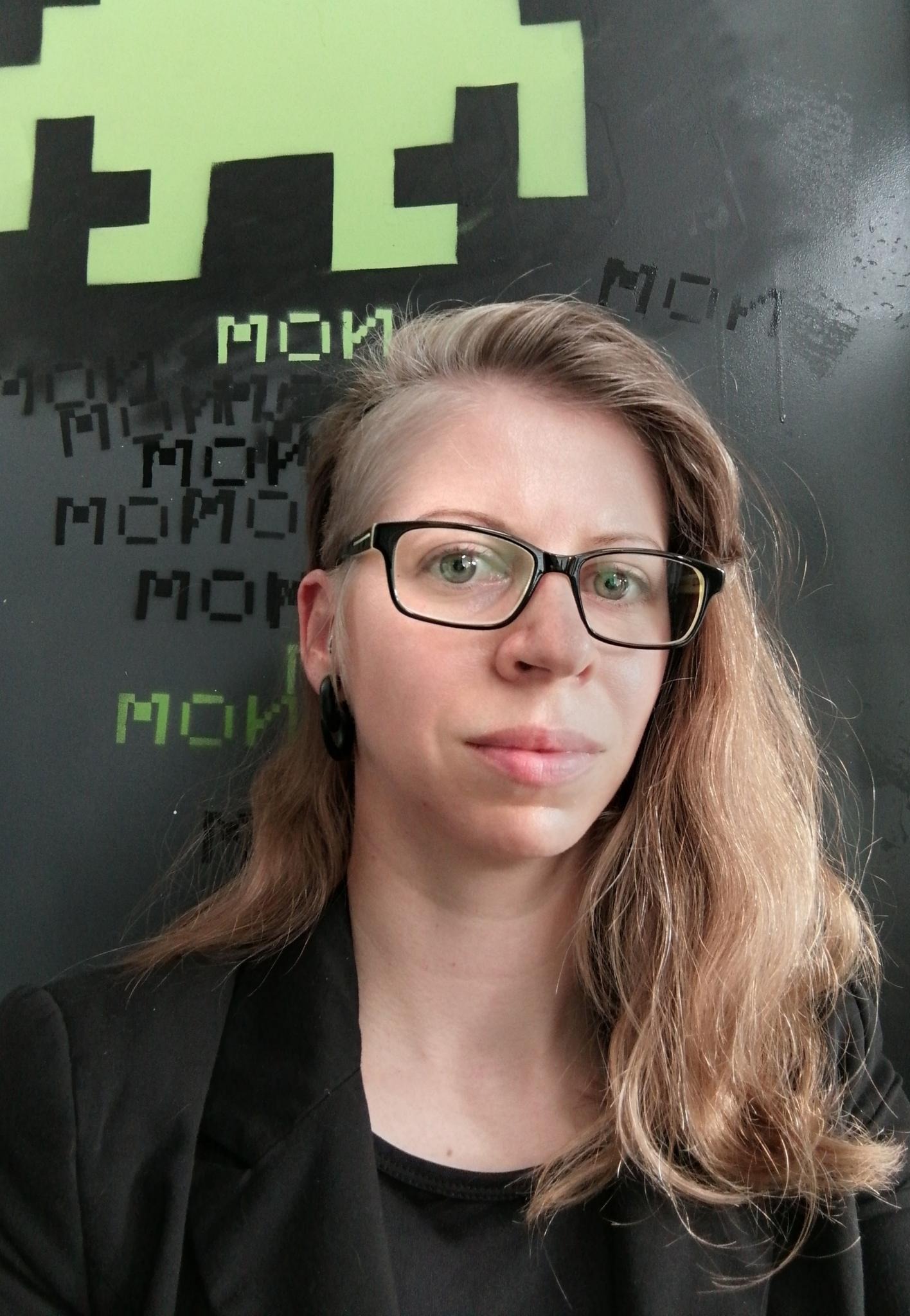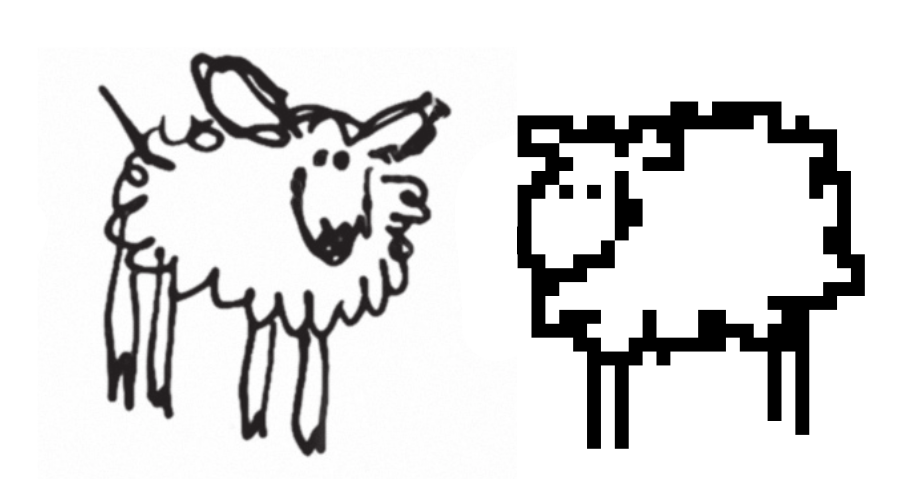Philosopher of digital technology, with a focus on AI and Digital Twins in environmental governance

I have an interdisciplinary background consisting of philosophy, art, and law, and I have a passion for IT. I work at the Environmental Policy Department (ENP), Wageningen University, the Netherlands. Here I explore the nature and implications of AI and Digital Twins in the context of environmental governance. My research mainly takes form at the intersection of philosophy of technology, critical data studies, and science and technology studies, but I enjoy cooperating with and bridging to other disciplines. By building bridges between disciplines and between theory and practice I want to ensure that technology works for us, and not the other way around. I enjoy working with technicians in order to tackle problematic aspects of technology.
My main interest lies in exploring the socio-political implications of digital technologies like Digital Twins and Artificial Intelligence. Here, I like to pay particular attention to the material dimension of technology: its concrete design and implementation.
Being intrigued by the material dimension of technology (I understand 'material' in a broad sense, including electricity and air) and the implications thereof, I try to approach any particular technology that I research from a kind of "manual philosophy". Next to the general practice areas of philosophy that lies in reading (discours analysis, desk research) and talking (interviews, participation), I think it is valuable to add 'touch' (albeit in a more abstract form) as input to our methodological toolkit by trying to actually work with or in the technology we are trying to understand and analyse. Drawing on my background in art, I experienced that when you are trying to tell a story through a particular material, whether it be crayons, wood or metal, this material impresses its own inclinations and limitations on your story. Over the years I have been trying to use this experience as a background for the manner in which I approach the technologies that I research. One pivotal question I keep coming back to is: how does the material dimension of a technology transforms and affects the information that it affords?

Korenhof, P. Once Upon a Time, "About 1.170 Results": Exploring the Narrative Power of Search Engines. Digital Society 3, 47 (2024), Springer. link to article
Steering Representations—Towards a Critical Understanding of Digital Twins (2021). Paulan Korenhof, Vincent Blok, Sanneke Kloppenburg https://link.springer.com/content/pdf/10.1007/s13347-021-00484-1.pdf?pdf=button